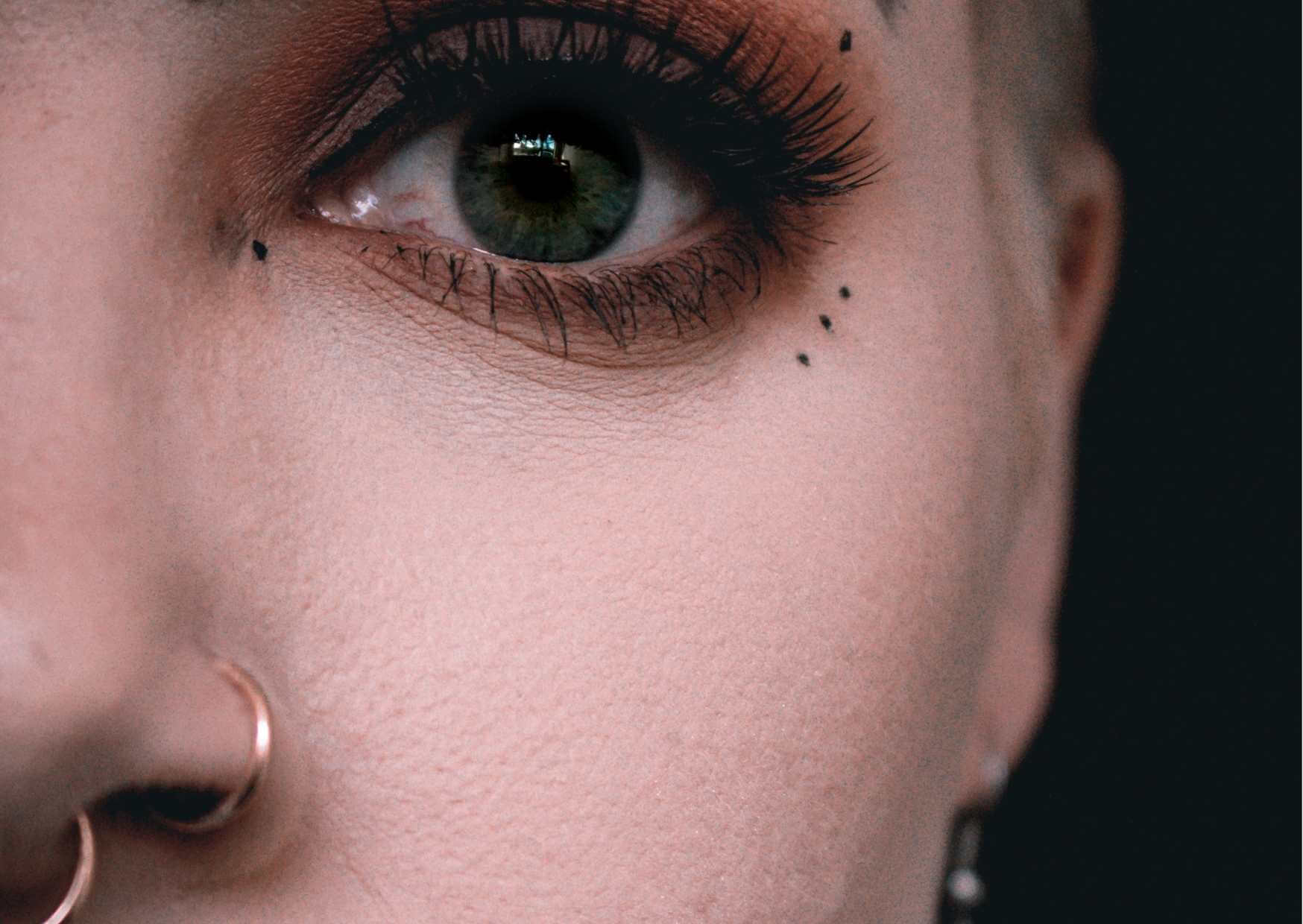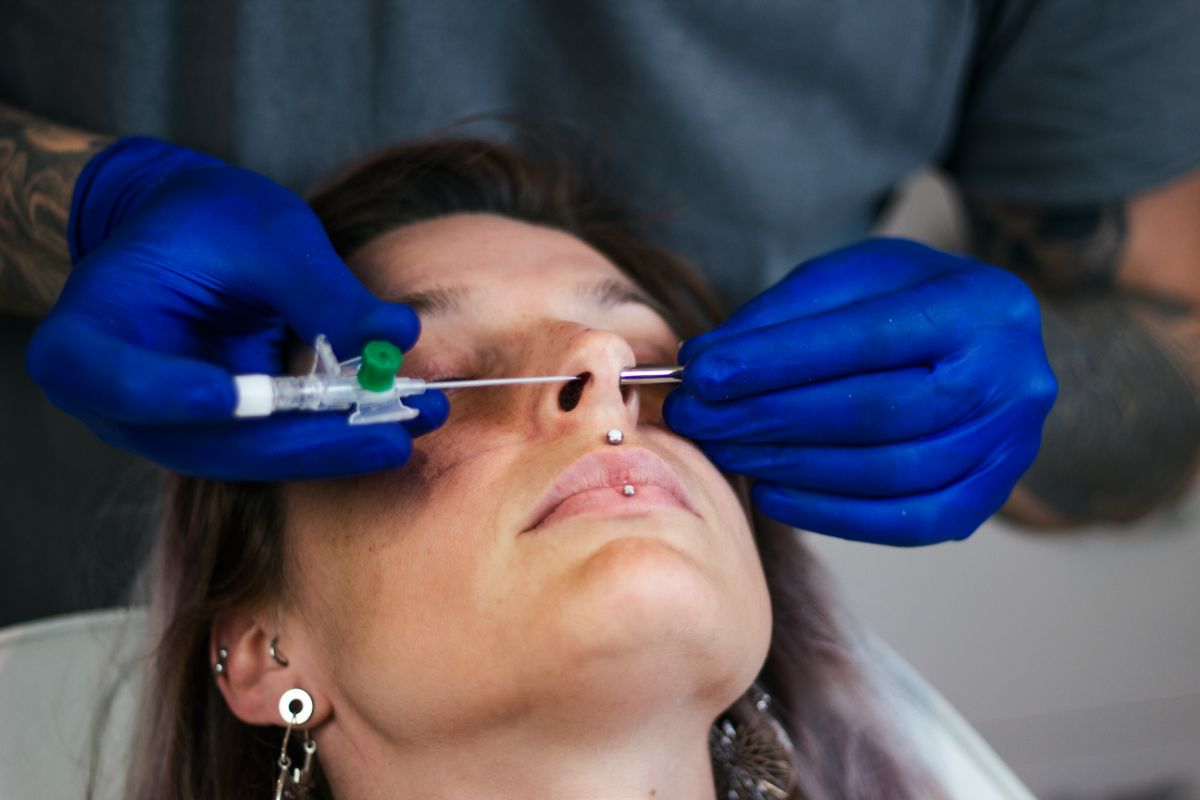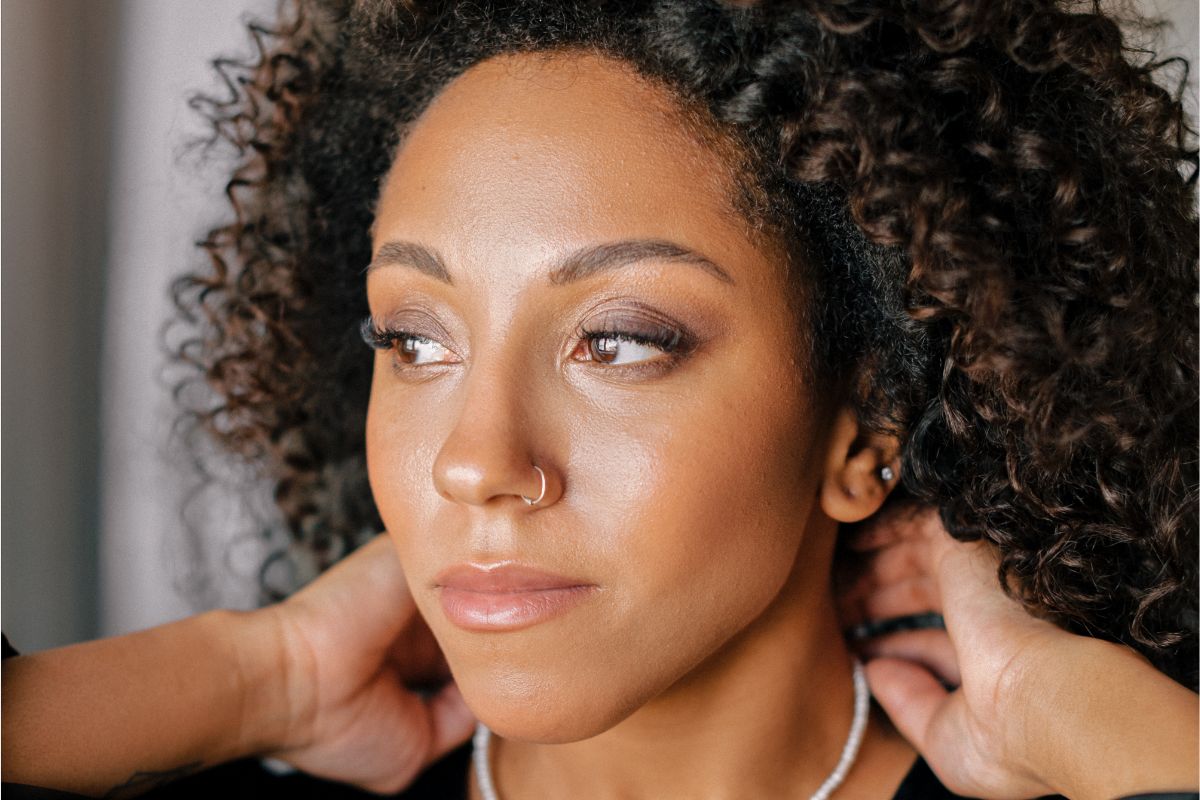Can your body reject a new piercing? Interestingly, studies show that it can. It can even push it out of you. So even though your mind is happy about your new jewelry, there is one other thing that needs the go-ahead, and that’s your body.
A piercing is an open wound, and your body’s immediate response to any wound (whether it’s caused by accident or, in this case, a deliberate form of body art) is to treat it. For some people, the wound heals without a problem.
Still, for others, well, they’re forced to go through a painful experience both physically and emotionally because their body doesn’t want to accept the piercing. This occurrence is known as piercing rejection. So why do piercings get rejected, and can you prevent it from happening?

What Causes Your Body to Reject Piercings?
Believe it or not but millions of Americans have experienced piercing rejection. It happens quite a lot, and it usually manifests during the first few weeks after receiving the piercing. After getting a piercing, you should be committed to following your piercer’s aftercare instructions and closely monitor your piercing for signs of rejection. Some factors increase the likelihood of the piercing getting rejected.
- Location – did you know that there are specific locations that are more susceptible to rejection than others? For example, piercing rejection is common on flat surfaces or in areas with tight skin as it puts more pressure on the site.
- Piercing Type – surface piercings put you at risk of rejection because the wound doesn’t penetrate deeply.
- Genetics – not everyone heals the same way. If you have family members who have experienced piercing rejection, there’s a big chance you’ll experience it too. However, if you still want to push it and give it a try, we recommend you take extra measures to ensure that it heals well and doesn’t get infected. But don’t say we didn’t warn you.
- Allergies – when getting a piercing, the jewelry material matters. Ideally, you should get 14k gold or titanium since these two are nickel-free. Unfortunately, if you use low-quality jewelry materials containing nickel, an allergic reaction can occur, which will eventually lead to piercing rejection. Therefore, if you’re getting a new piercing, choose high-quality jewelry.
- Weight Changes – this may sound odd, but it’s true. When a person experiences rapid weight gain or gets pregnant, the skin stretches, affecting your piercing.
- Infection – when you’re sick, your immune system works overtime and increases its effort to fight the infection. Unfortunately, this also causes your body to drive the piercing out since it detects it as a foreign object.
How Will You Know If Your Body Rejected Your New Piercing?
This is a challenging question because the signs of a rejected piercing often overlap with the symptoms of natural healing, making you think that your piercing is healing as it should. For instance, swelling and redness are expected during the first few days after getting the piercing, but if they continue to worsen as days go by, then it’s likely that your body is rejecting the piercing.
The following are other telltale signs of piercing rejection:
Skin Changes
If the skin surrounding your piercing looks different or appears tighter or thinner, this can be a sign of impending rejection. You should also check the color of your skin around the site. When the skin around it looks transparent, you’re looking into possible rejection.
Migrating Jewelry
When your jewelry starts migrating, there’s a high chance that you’ll experience rejection. Although there are cases where migrating jewelry didn’t end up getting rejected, you still wouldn’t be happy with how it looks. Therefore, professional piercers suggest that you identify migration as early as possible. Some of the signs of migration are stretch marks around the site and widening of the hole.
Extended Inflammation
As mentioned, inflammation is part of the process. Every new piercing gets inflamed, but it should subside after a few days. You’ll know that a piercing is about to get rejected if the inflammation gets worse and if it starts flaking, forming callouses, or if the skin around it starts peeling.
Can You Still Push Through with A Rejected Piercing?
If you’re uncertain that your piercing is rejected, you should let your piercer know about your observation. Unfortunately, if the jewelry has already migrated, your professional pierced would advise having the jewelry removed. Removing the jewelry will be risky, but if you leave it there, it could potentially destroy your skin, and when that happens, it may be hard to re-pierce the same site even after it has healed.

Can You Prevent Your Piercing from Getting Rejected?
Sure, some factors will predispose you to piercing rejection, but these shouldn’t stop you from giving it a try. The good news is there are steps you can take to minimize your risk of rejection.
First, make sure you pay for a professional piercer who has the skills, knowledge, and experience. Professional piercers know precisely what they are doing and what techniques and protocols to follow to protect your health. Professional piercers also make sure their equipment is sanitized for your safety.
Next, make sure you follow the aftercare program guide given by your piercer. After getting your body pierced, your primary responsibility is to ensure that your piercing stays clean. Keeping it clean will promote proper healing and prevent possible infection and rejection.
If you’re looking for a safe product to clean your piercings, Dr. Piercing Aftercare can help.
At Dr. Piercing Aftercare, we’ve developed convenient medicated swabs that you can use to clean your piercings and keep infection away. We are proud of our products. They are made and tested in a cGMP compliant and FDA-registered facility in America.
We use advanced technology on our swabs for easy application. Each pack contains thirty-six medicated swabs that are proven and tested to promote your body’s natural healing process while preventing infection. Contact us today, or you can check out our website to learn more about our products.





